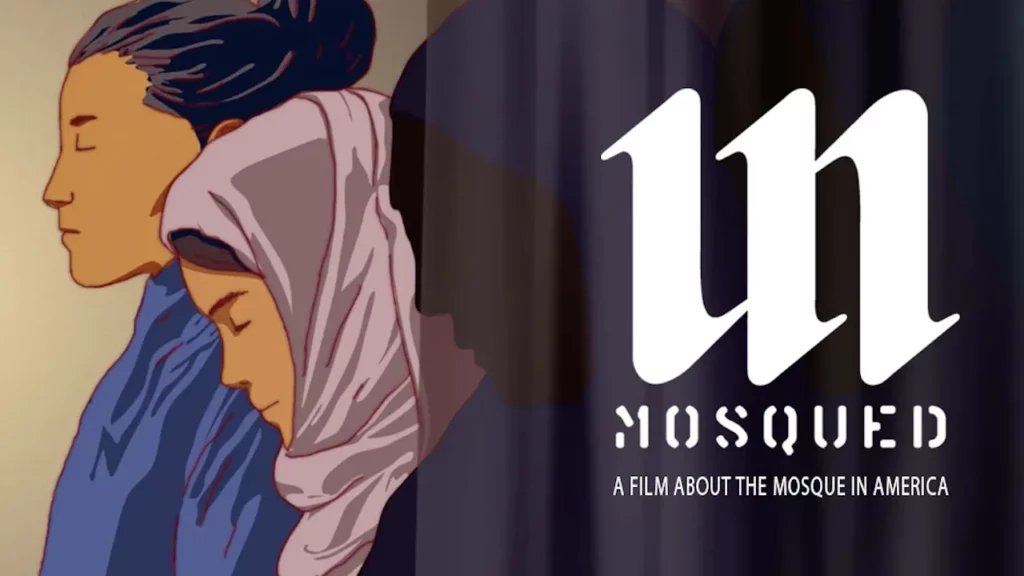Tuesday, April 22nd 2014
Unmosqued, The Film
Today I was privileged to view a private screening of the documentary Unmosqued. It was a powerful film that touched me deeply.
In my early days of Islam I was shocked and horrified by my mosque experiences. I felt humiliated, isolated, oppressed, dejected and rejected. I never spoke about these experiences, never told anyone how I felt being relegated to a little room with filthy dirty carpet and screaming babies, while the few men spread out on pristine oriental carpets. I never mentioned how it felt to have someone call me a ‘kāfir’ and organize an intervention for me because I had stopped wearing one style of hijab and opted for another. I never shared the frightening comparisons happening in my head as I realized I had never, ever been treated like this in a church. I never spoke about any of it, not even to myself.
Instead I walked away. I turned to Islamic scholarship, seeking comfort in the practices of Prophet Muhammad ﷺ and spent many years healing my torn soul.
I believed myself stronger when I returned to the United States and to community two years ago. But I wasn’t.
I found myself in a tiny balcony with a large city ordinance warning on the wall not to have more than twenty people. I kept counting the women and children and hoping the balcony wouldn’t collapse.
I tried another mosque, but my smiles and salāms were to no avail as I was nodded at and skirted around. I went back anyway because the women’s section had been clean and I could both see and hear the Imam. When I returned a rough and messy curtain had been placed between the women and the men. I prayed and went home.
At four other mosques I offered to teach (Quran, Islamic sciences, children, adults), and showed them that I spoke Arabic, have my ijāza in Quran, and am licensed to teach from the scholars I learned from. I was politely turned away.
In essence the unmosqueing of my youth became the demosqueing of my adulthood.
Again I walked away and turned (like so many others) to the creation of a second space, a safe space, an online space for now, as I plan a ‘brick and mortar’ space.
The viewing of Unmosqued brought all of these experiences and feelings to the fore. I felt bruised and spent after watching it. I couldn’t stop crying all the way through, and for a good time afterwards.
I would very much like to #bemosqued (the term coined by Shaikh Faraz Rabbani), but for now I am thankful that we can talk about being #unmosqued, #demosqued, and #nothankyoumosqued.
It is time to start talking about this. It is time to raise respectful voices. It is time for women to find a welcome mat at the door of any mosque they happen to visit. It is time.

